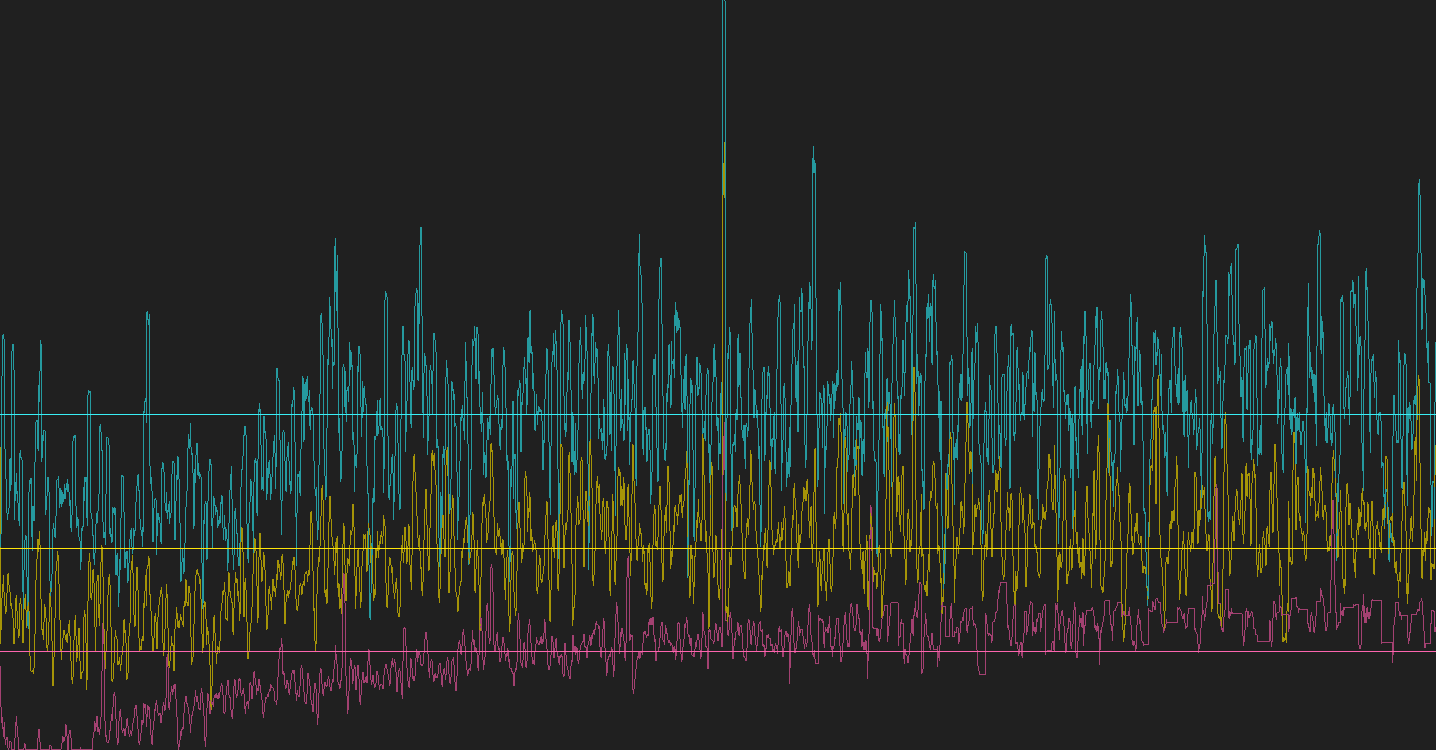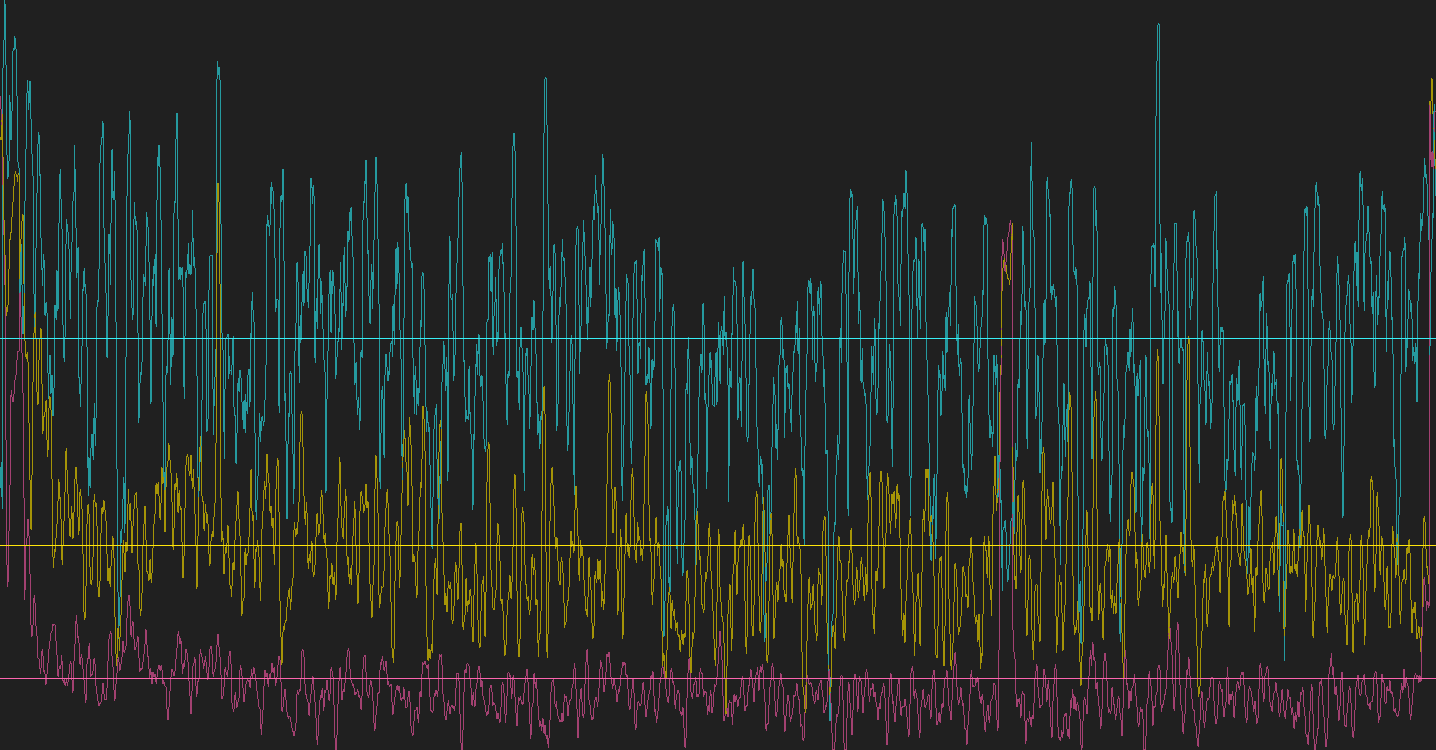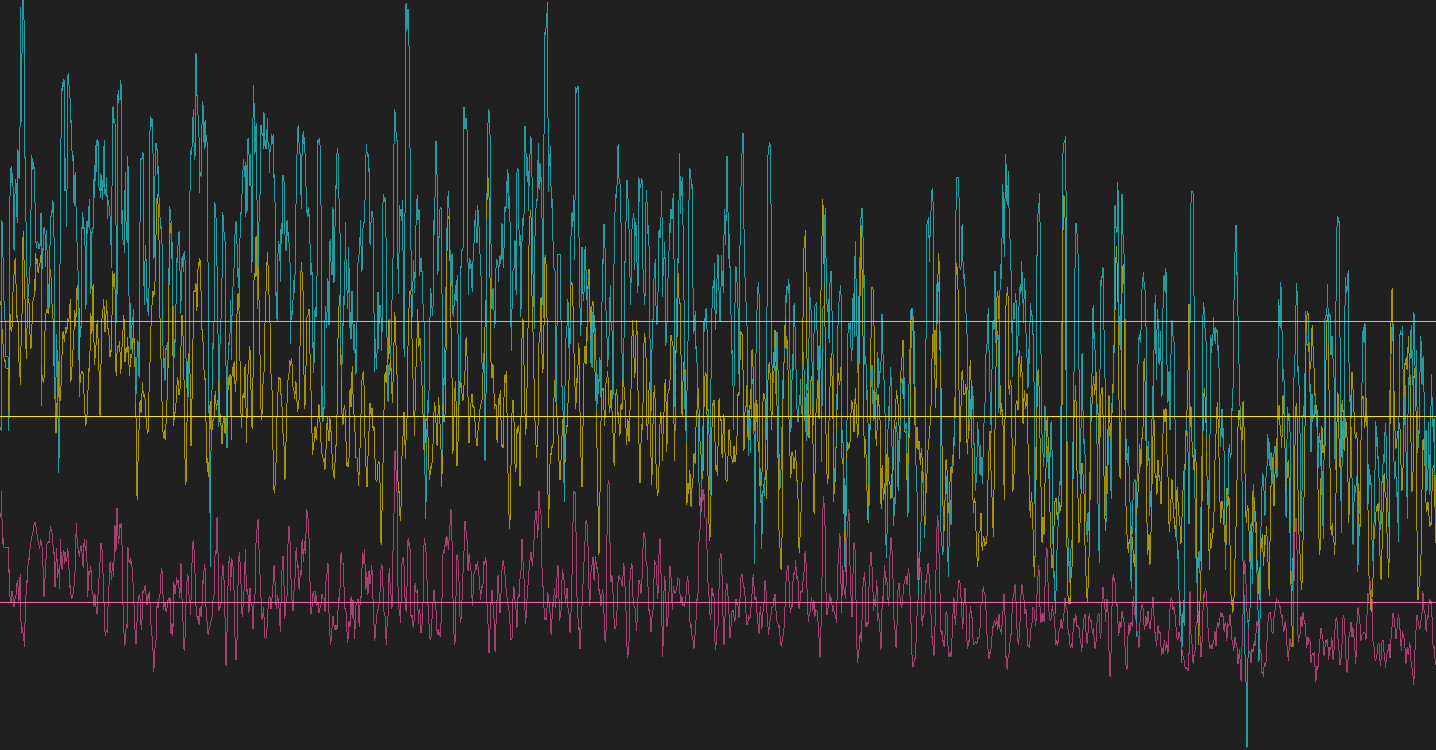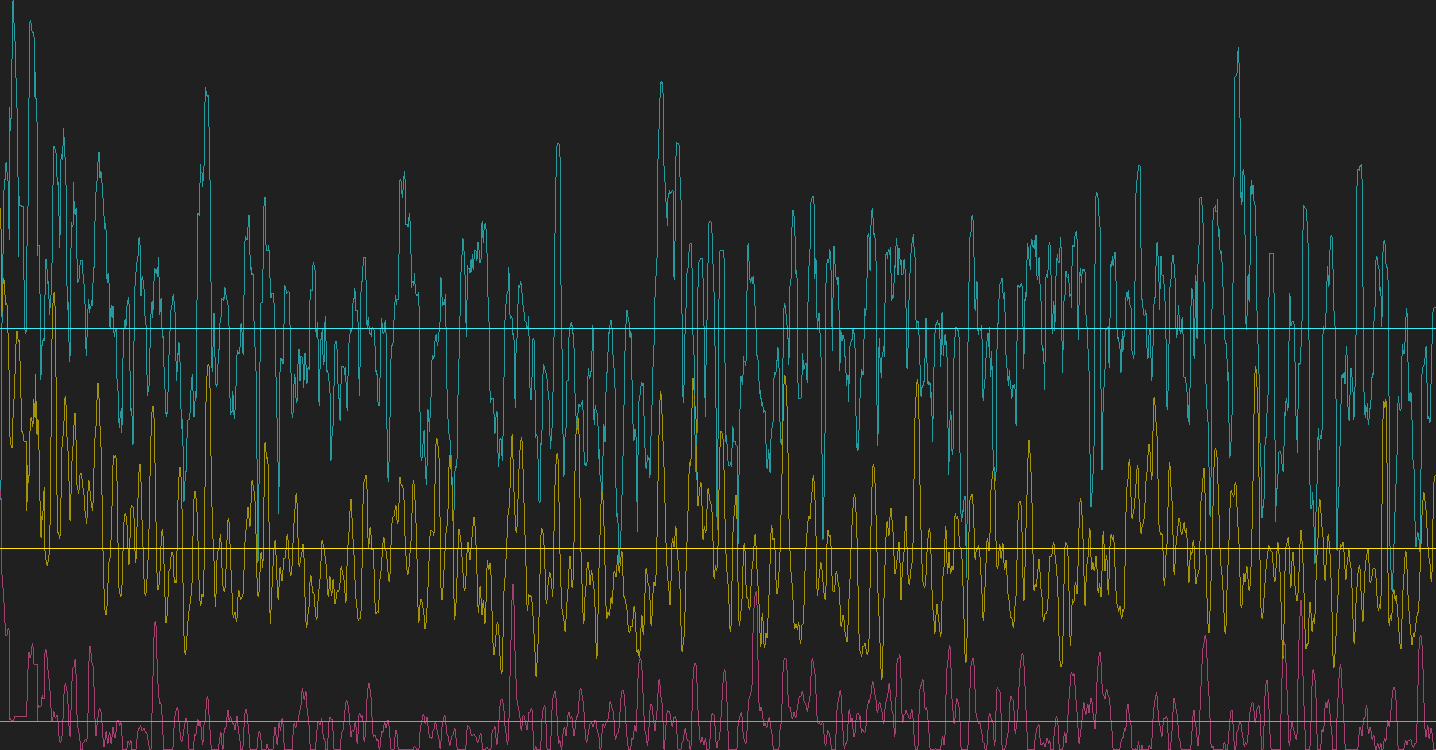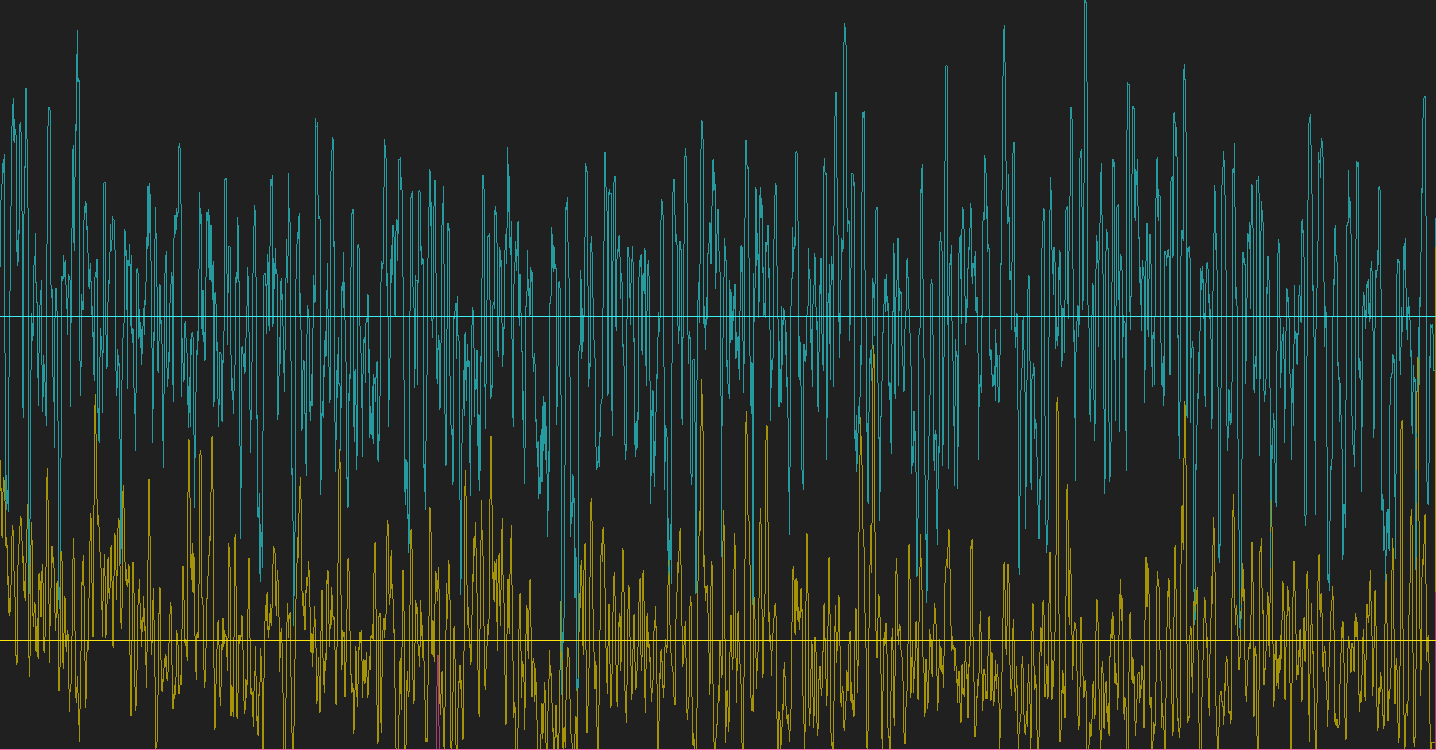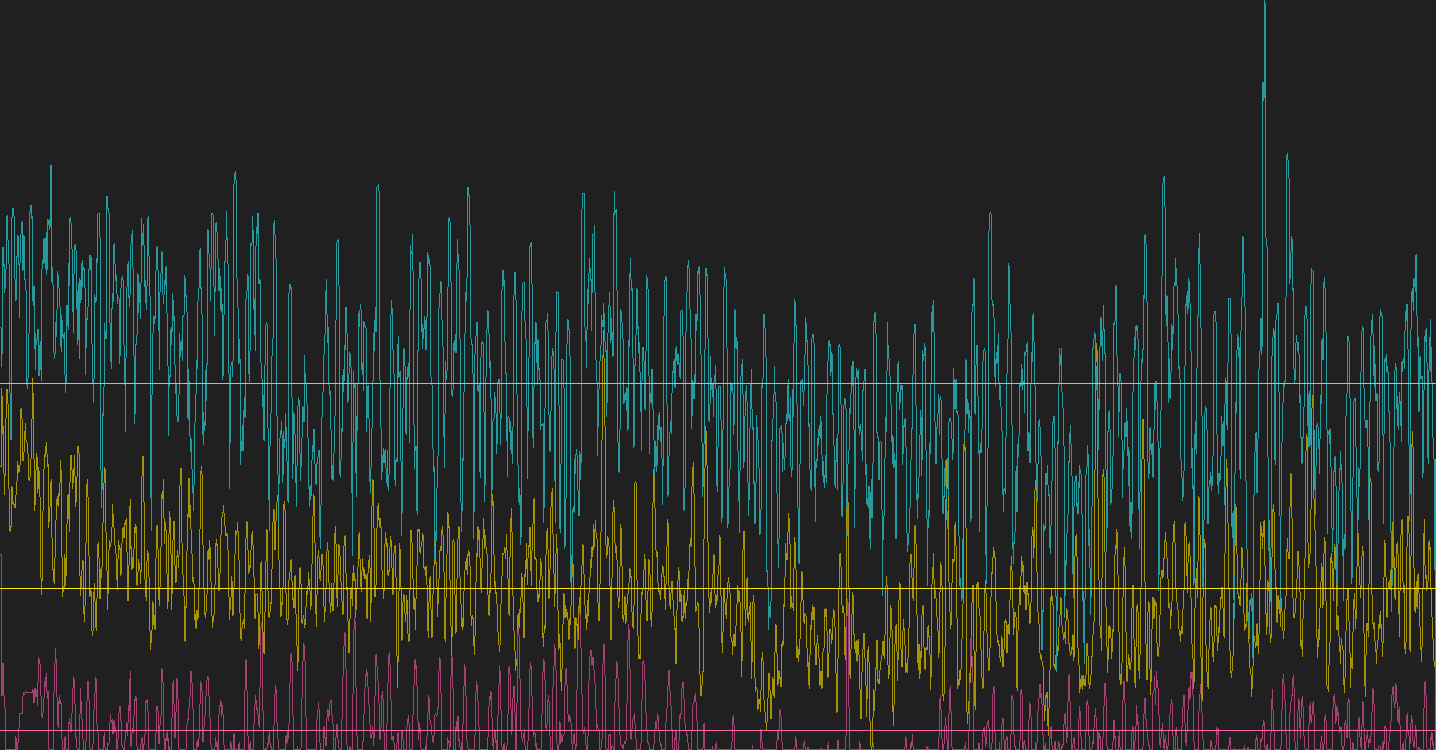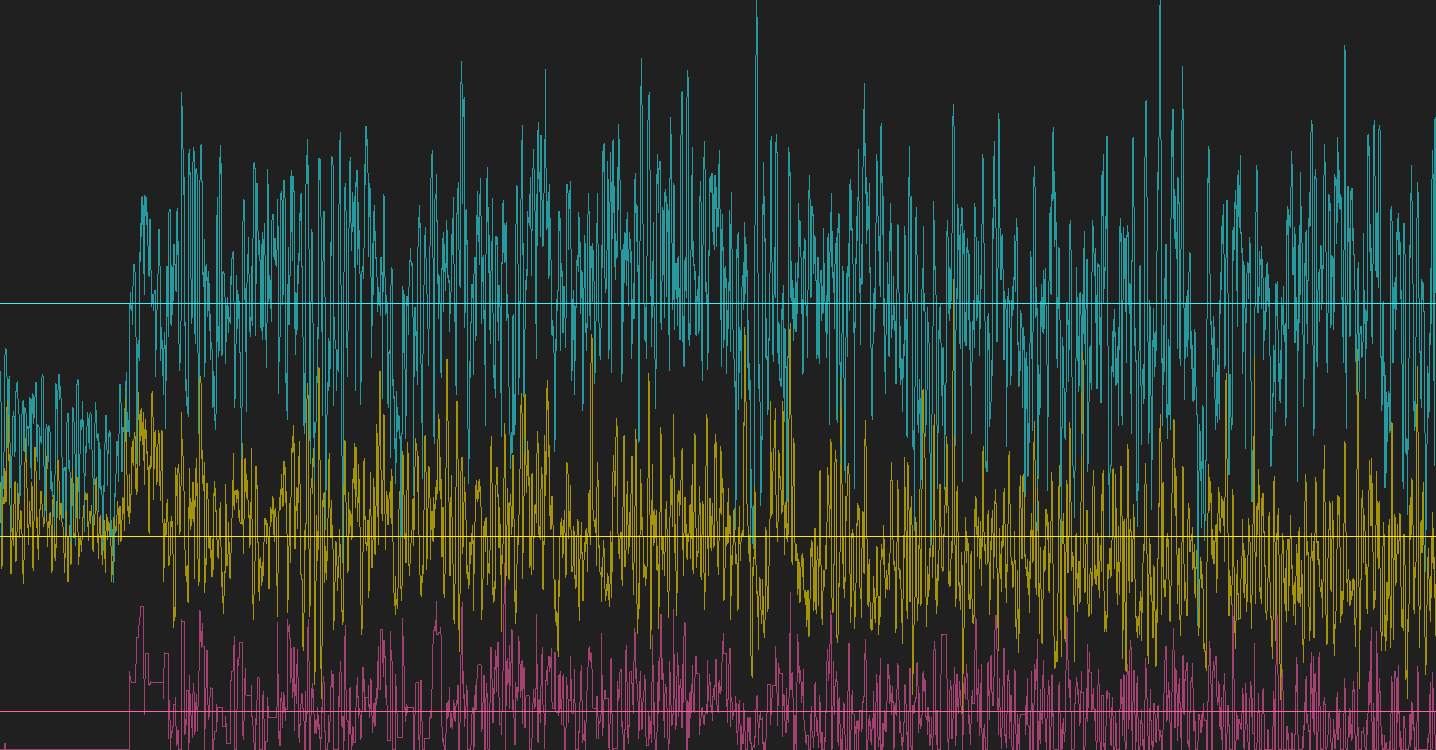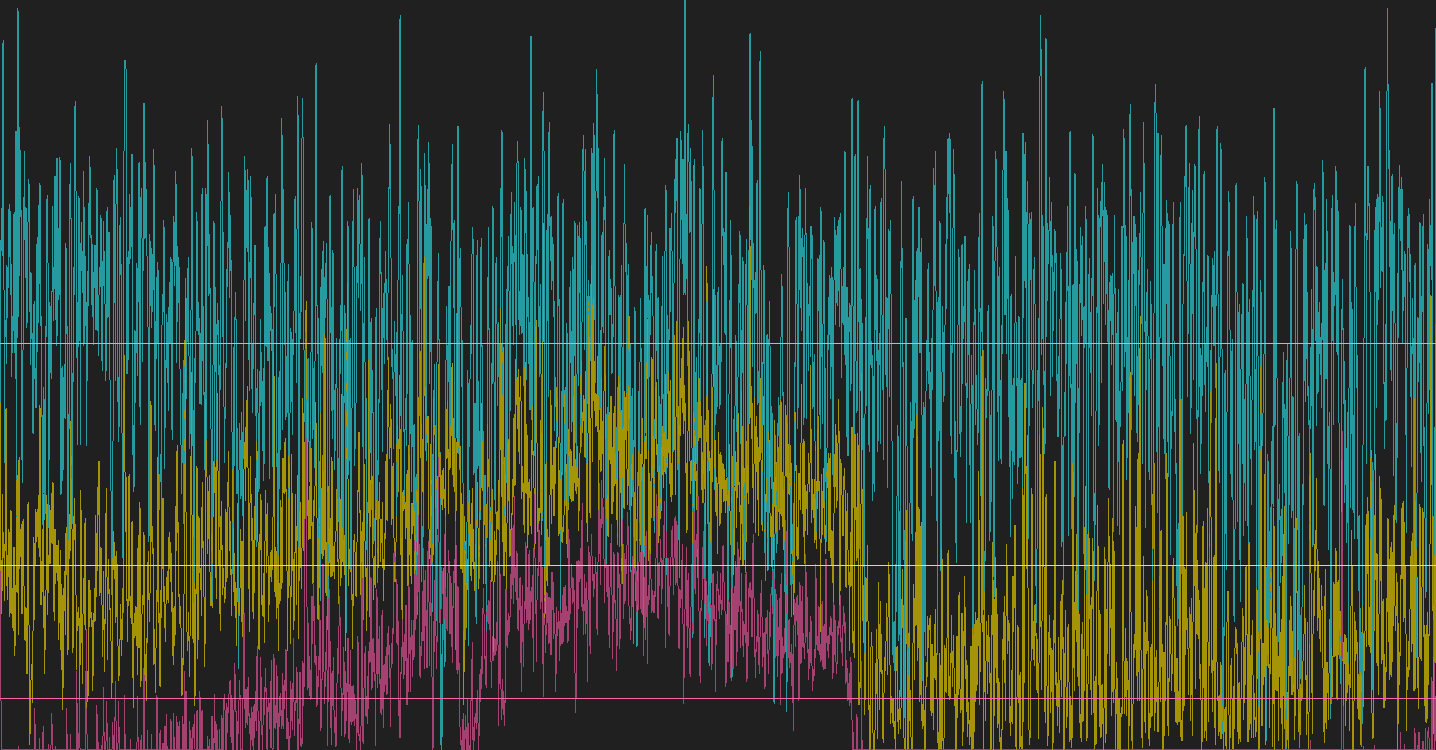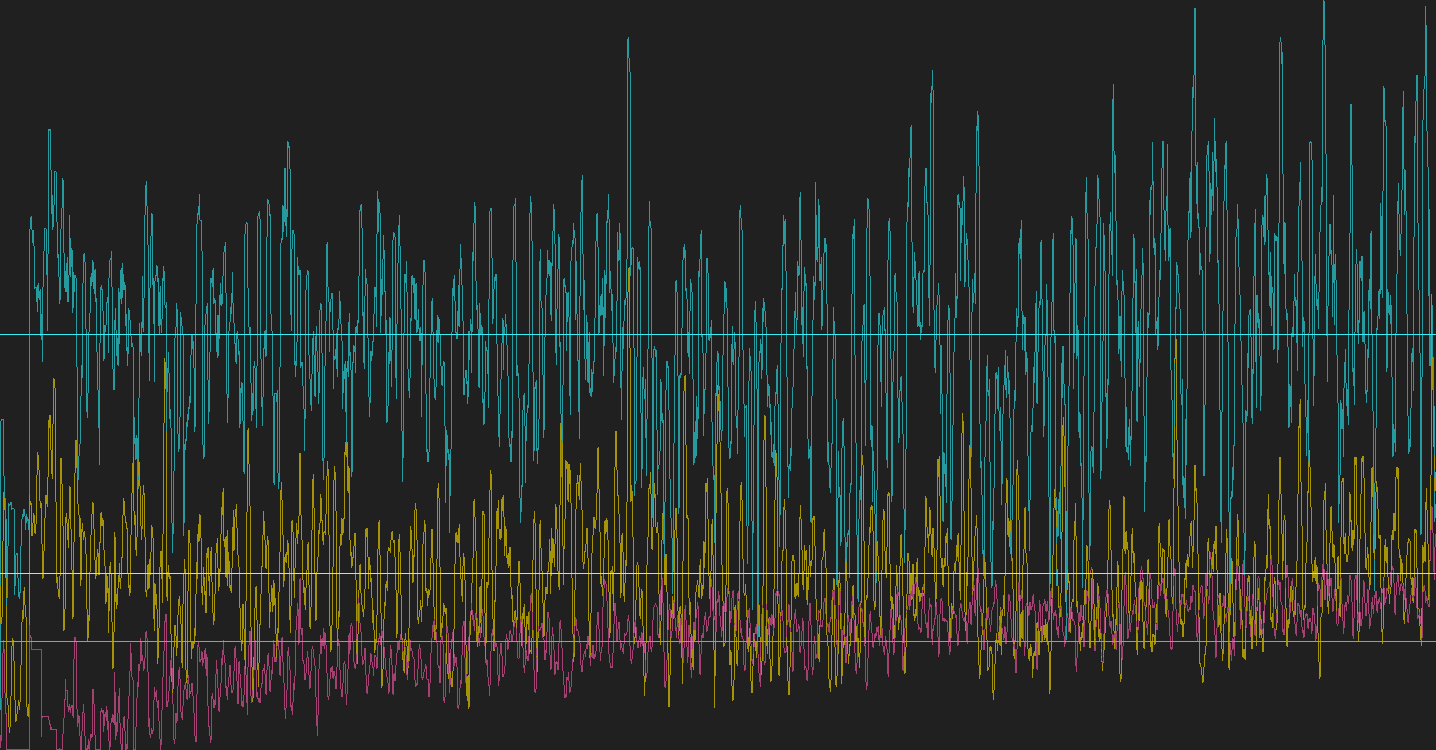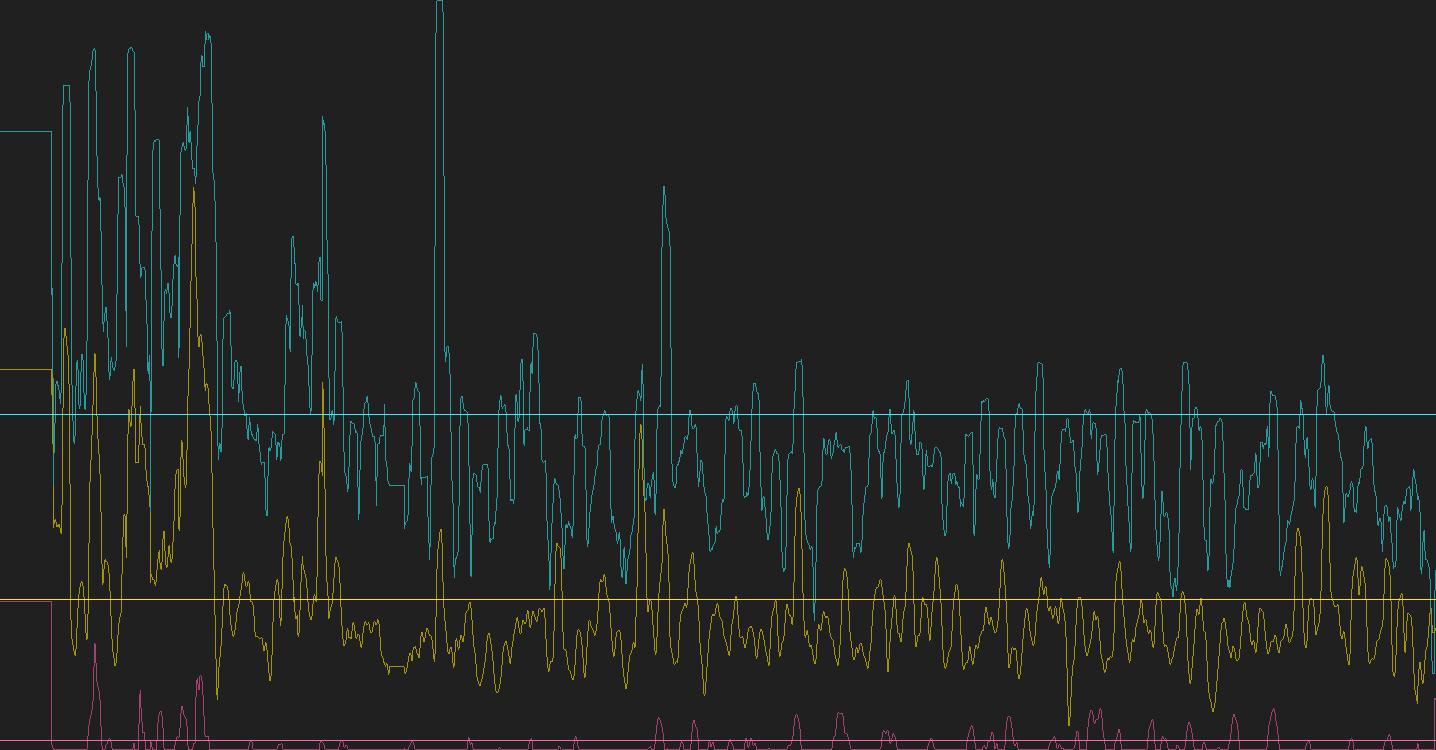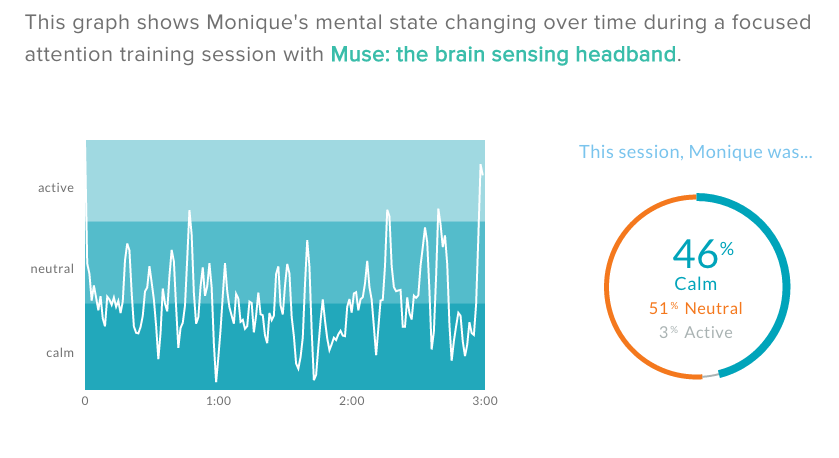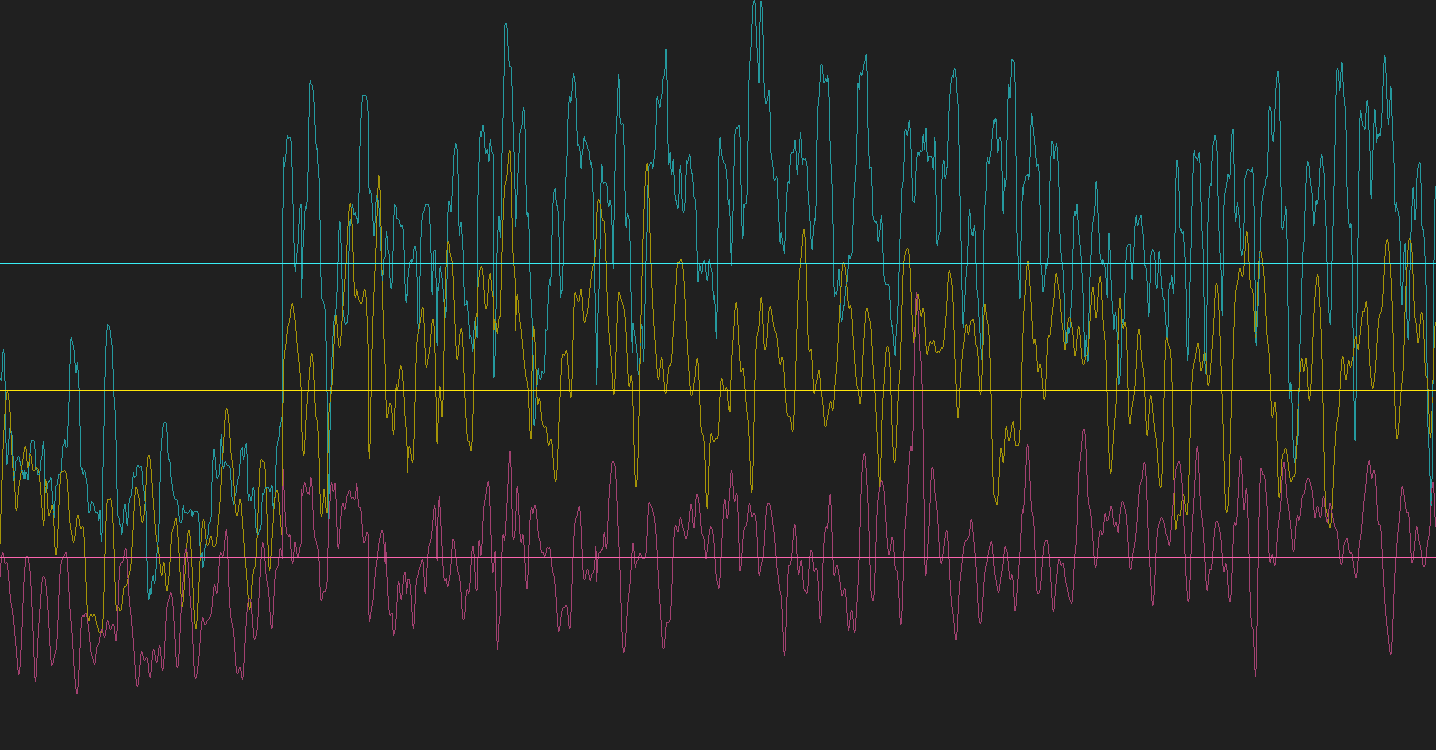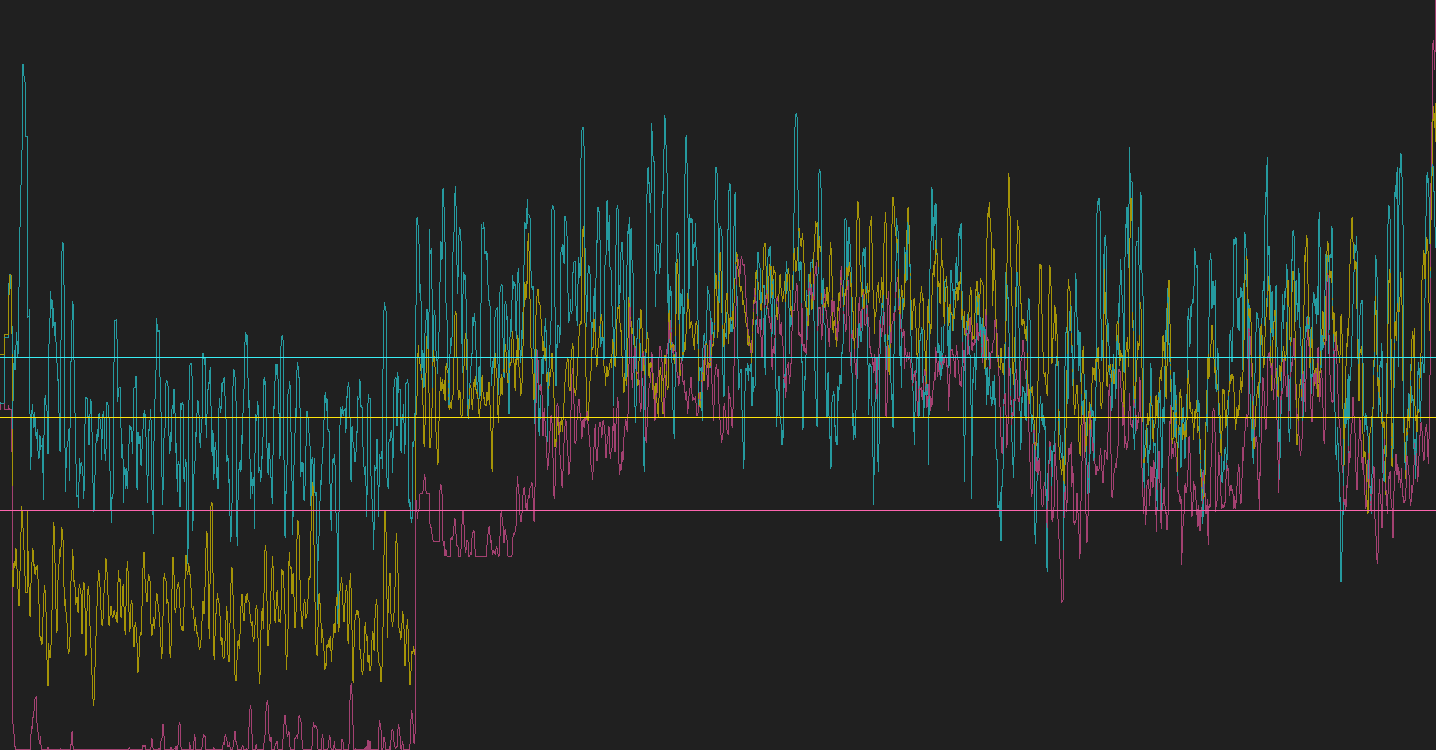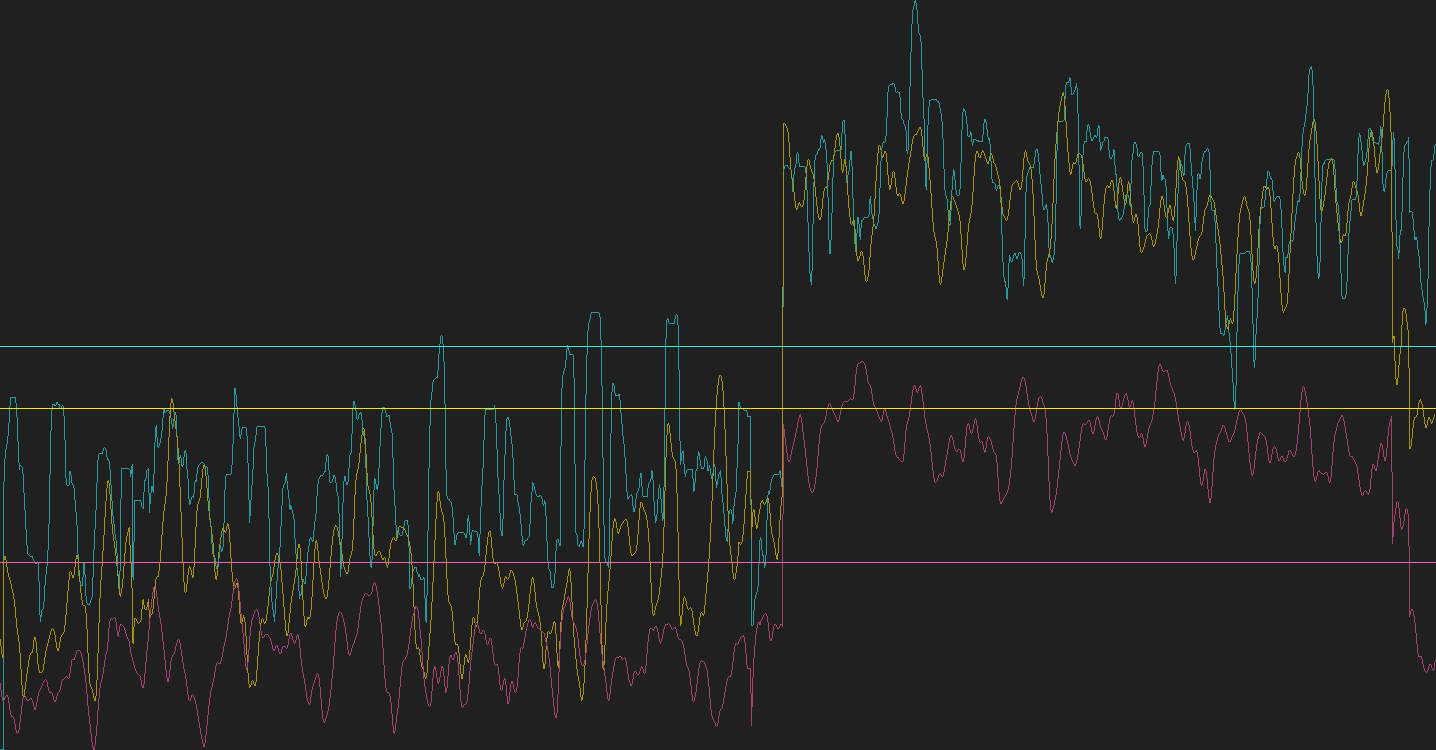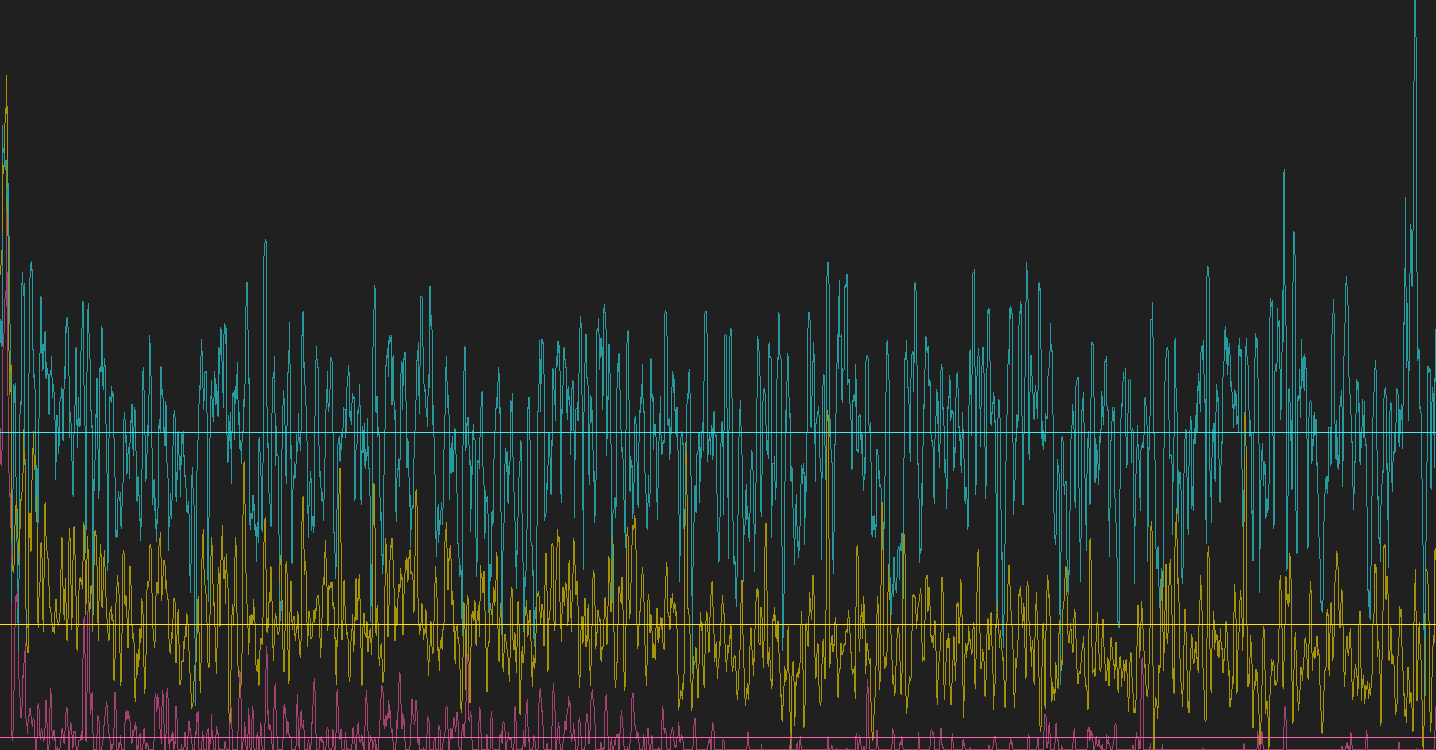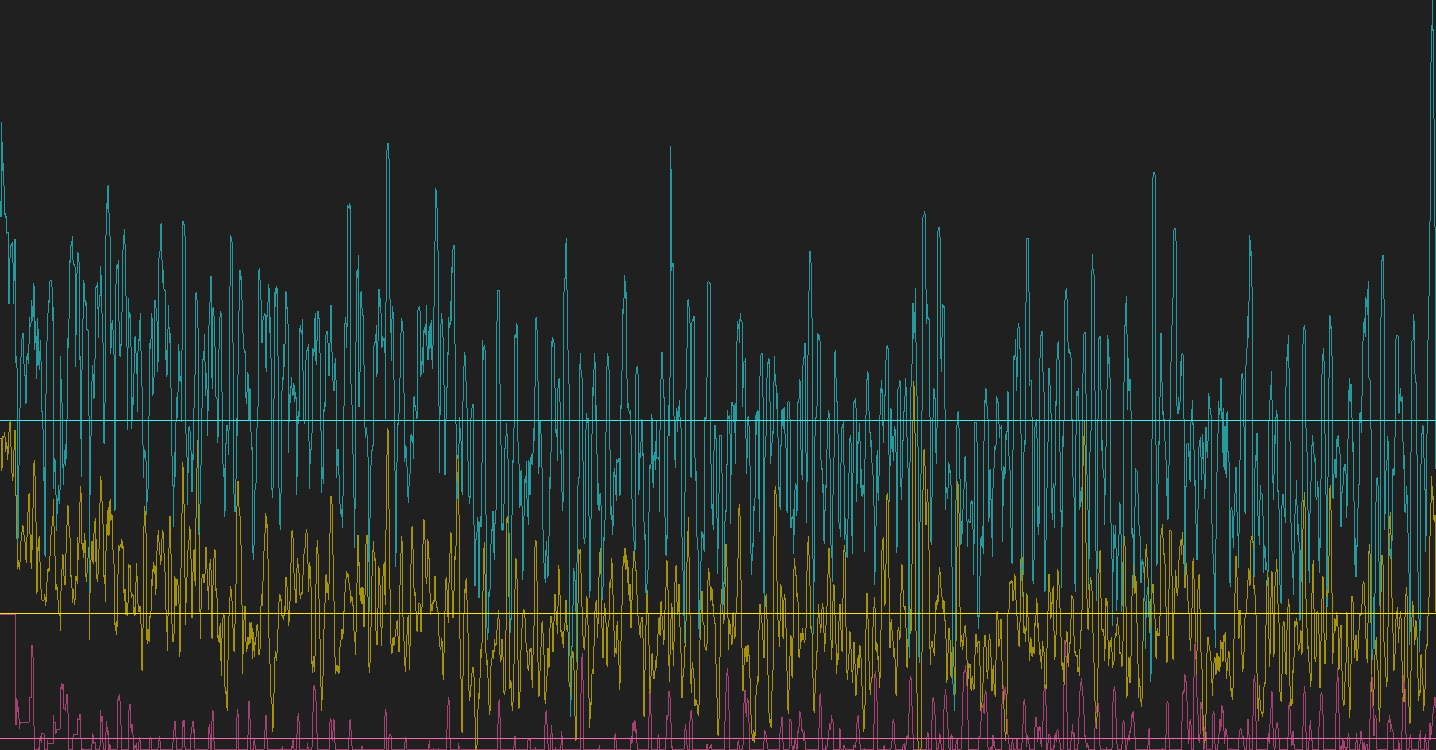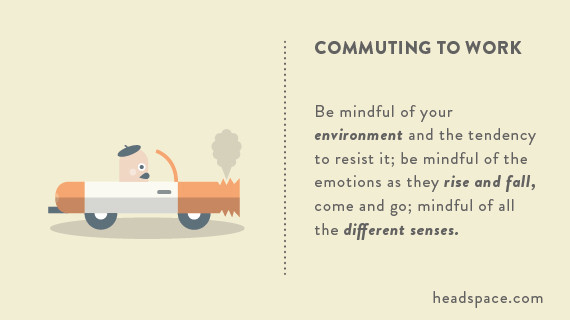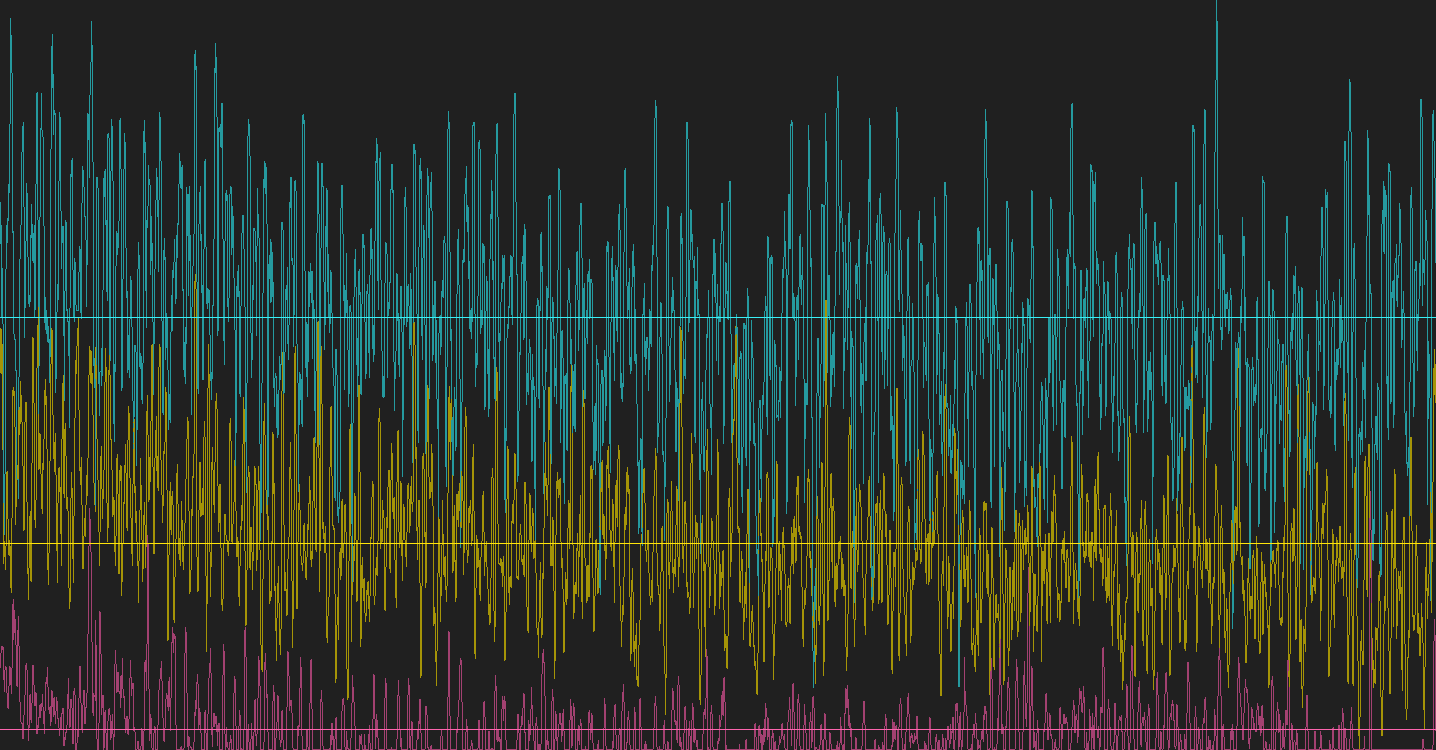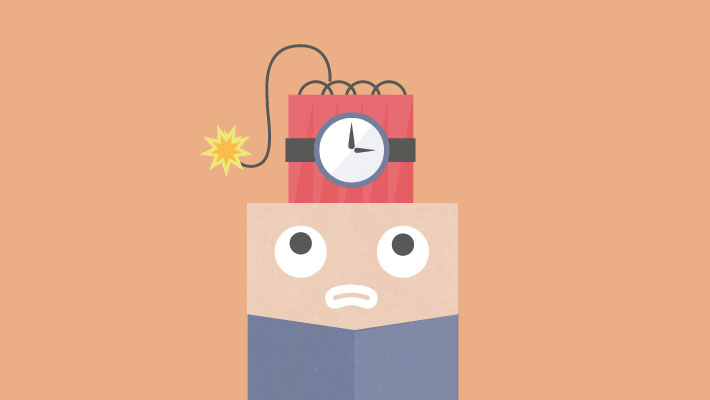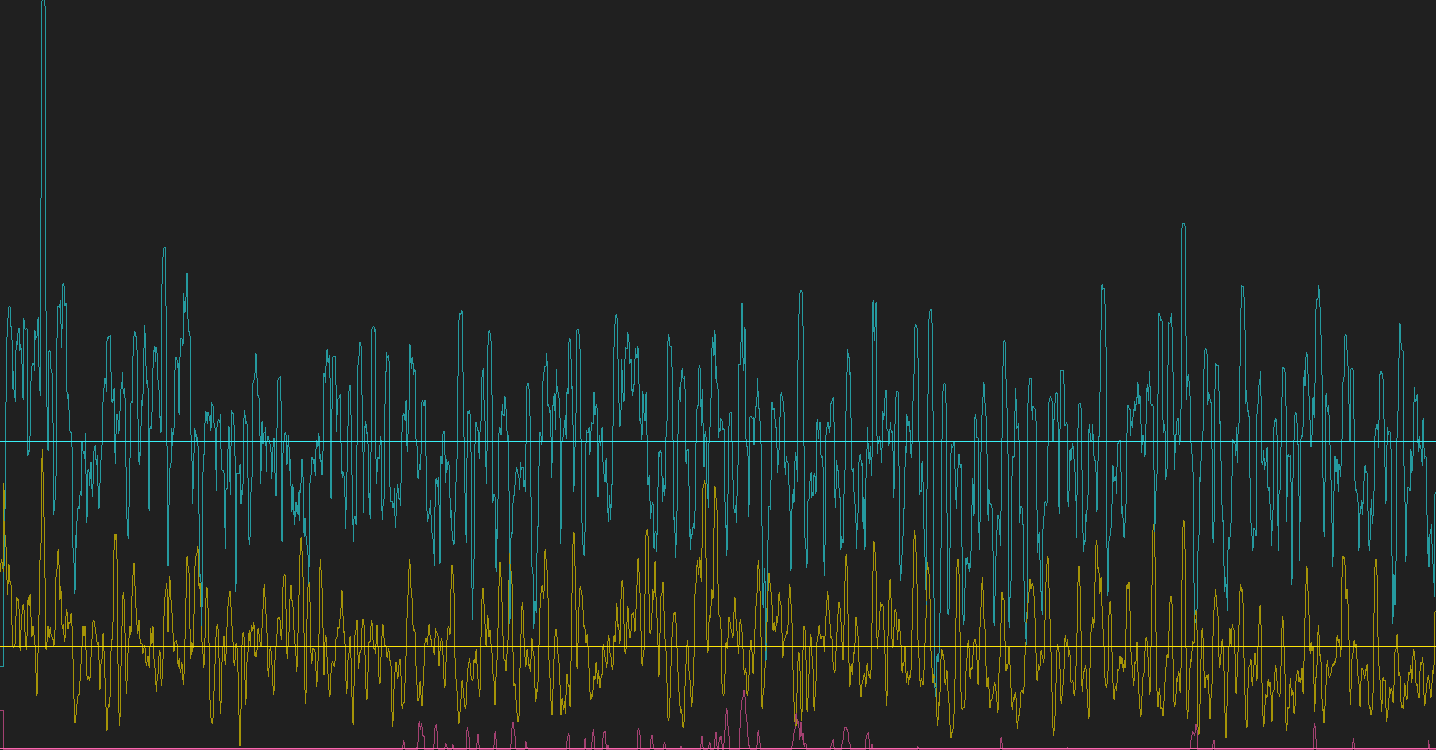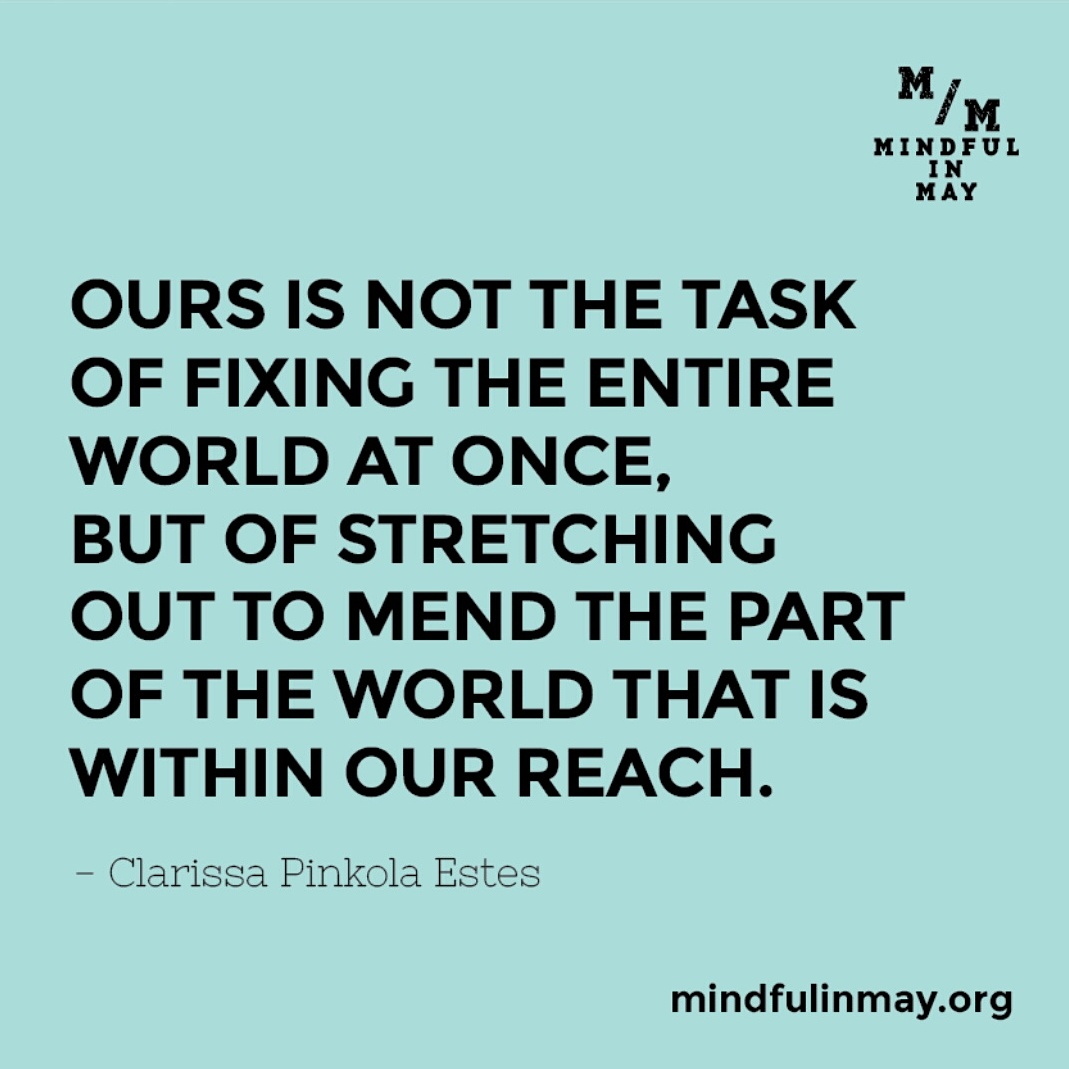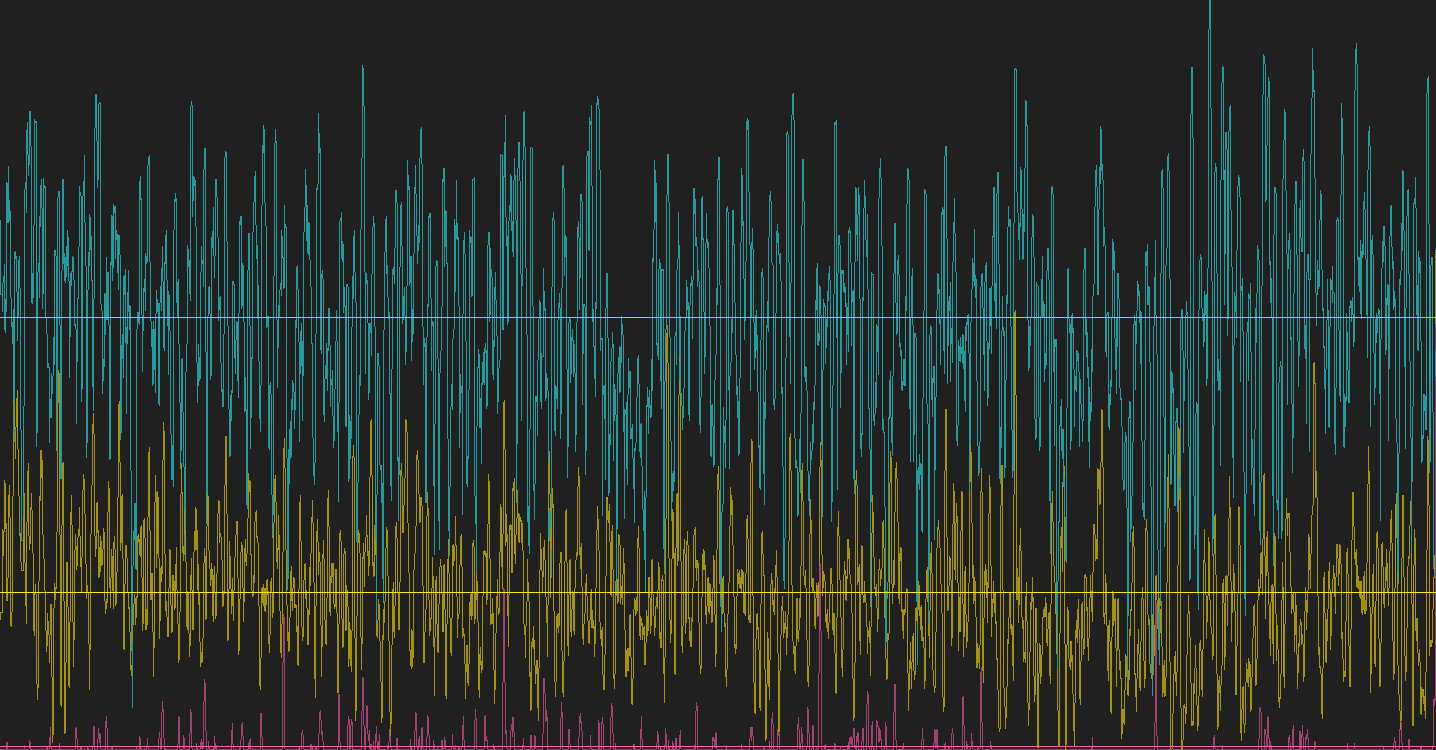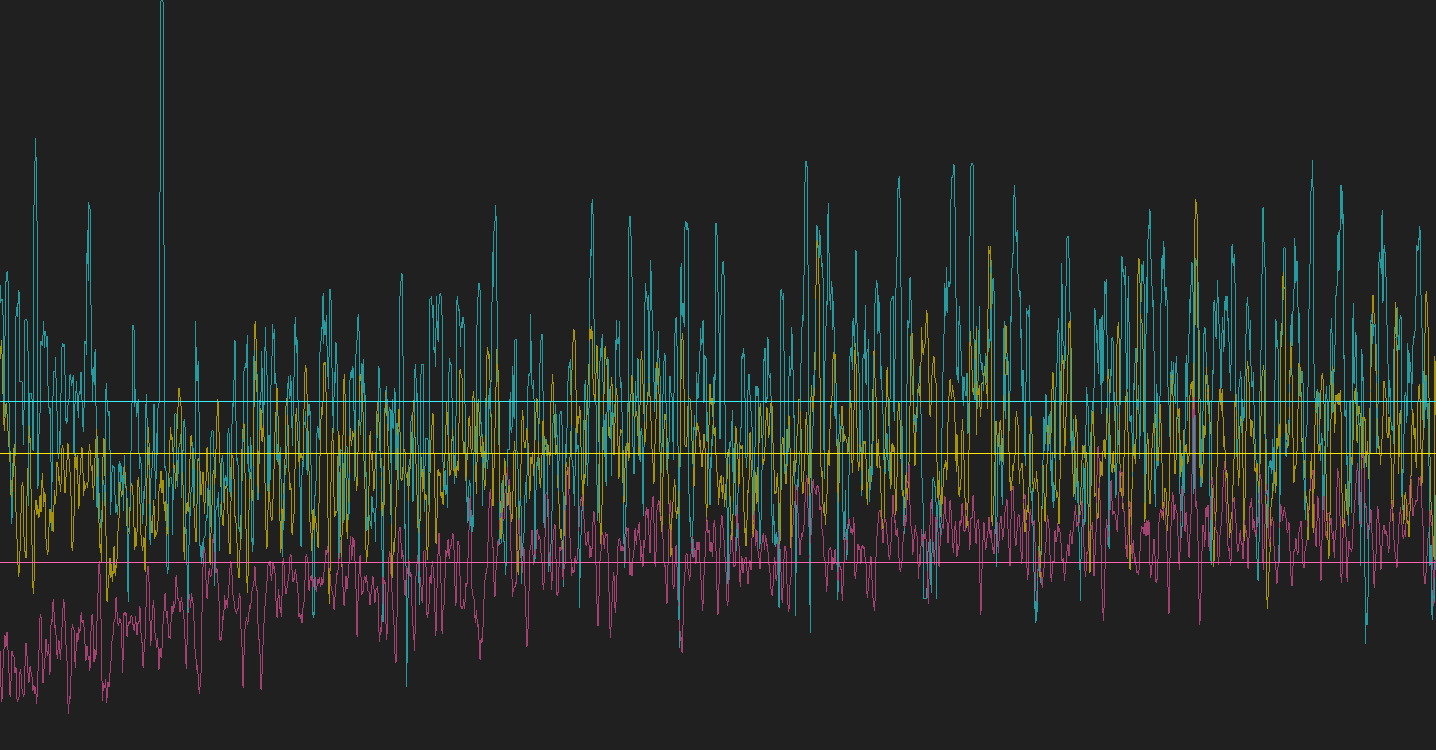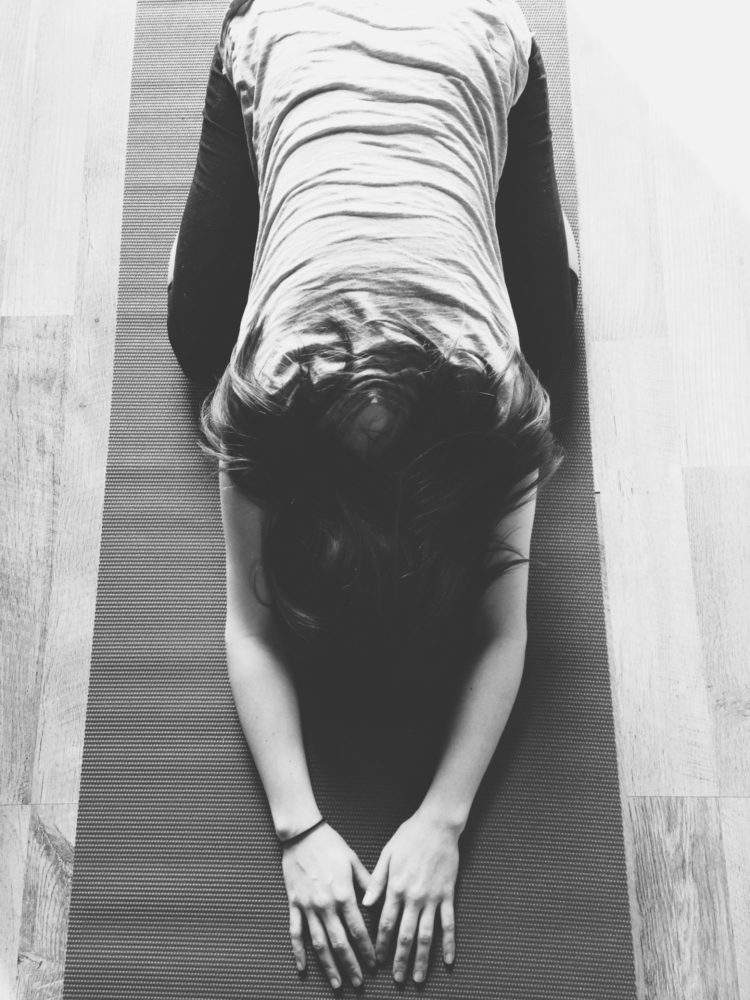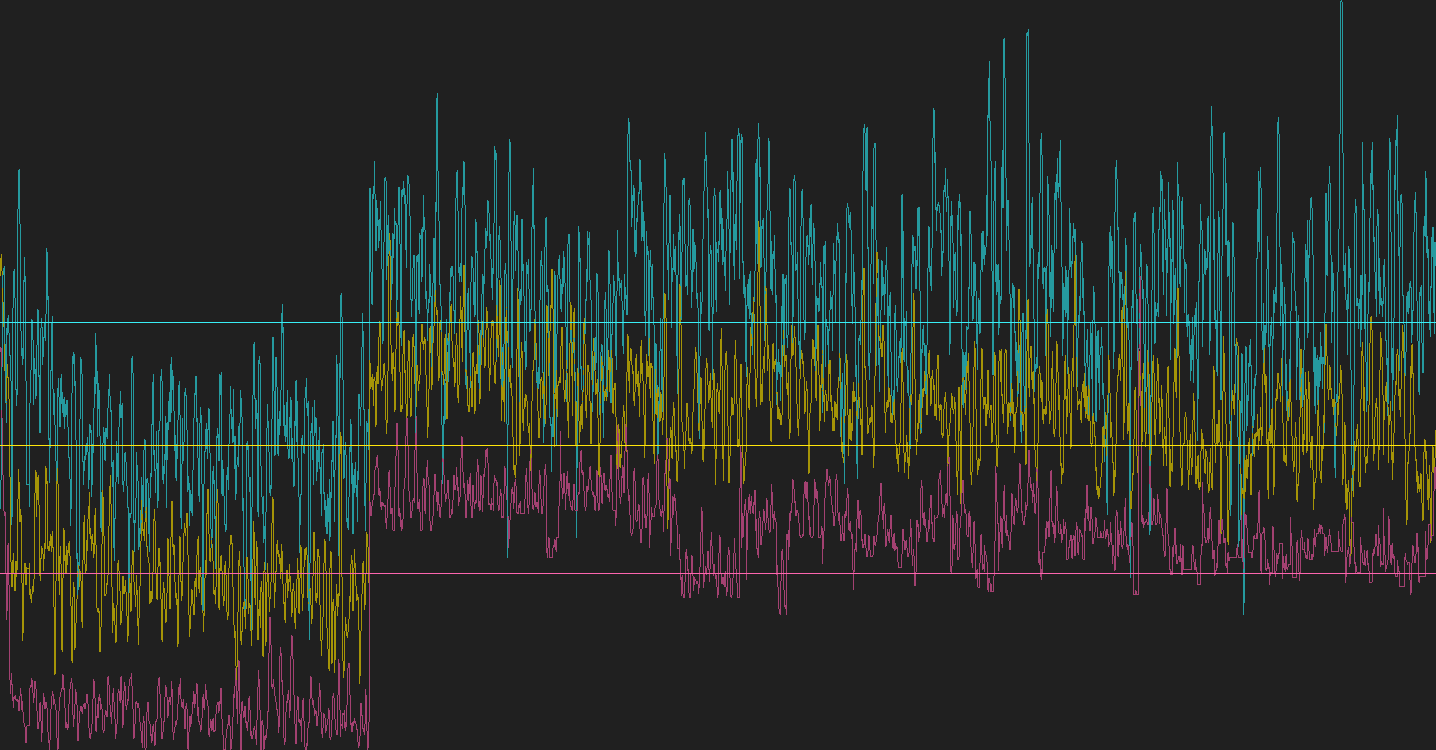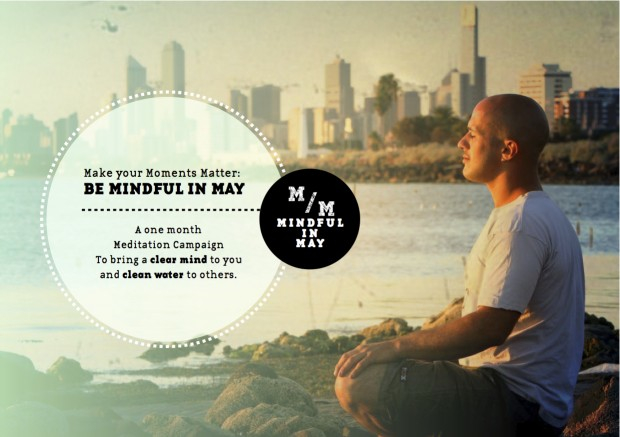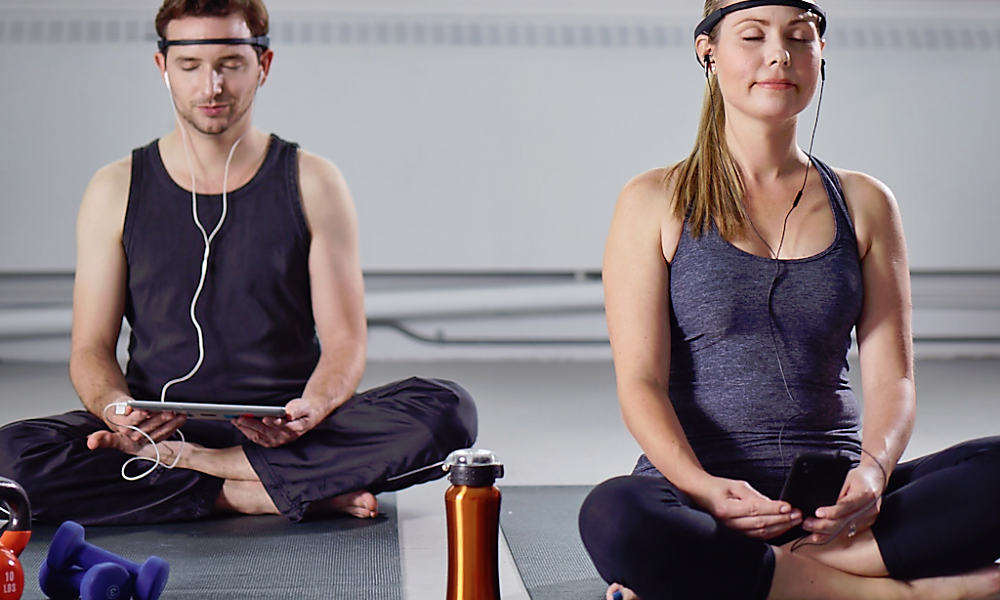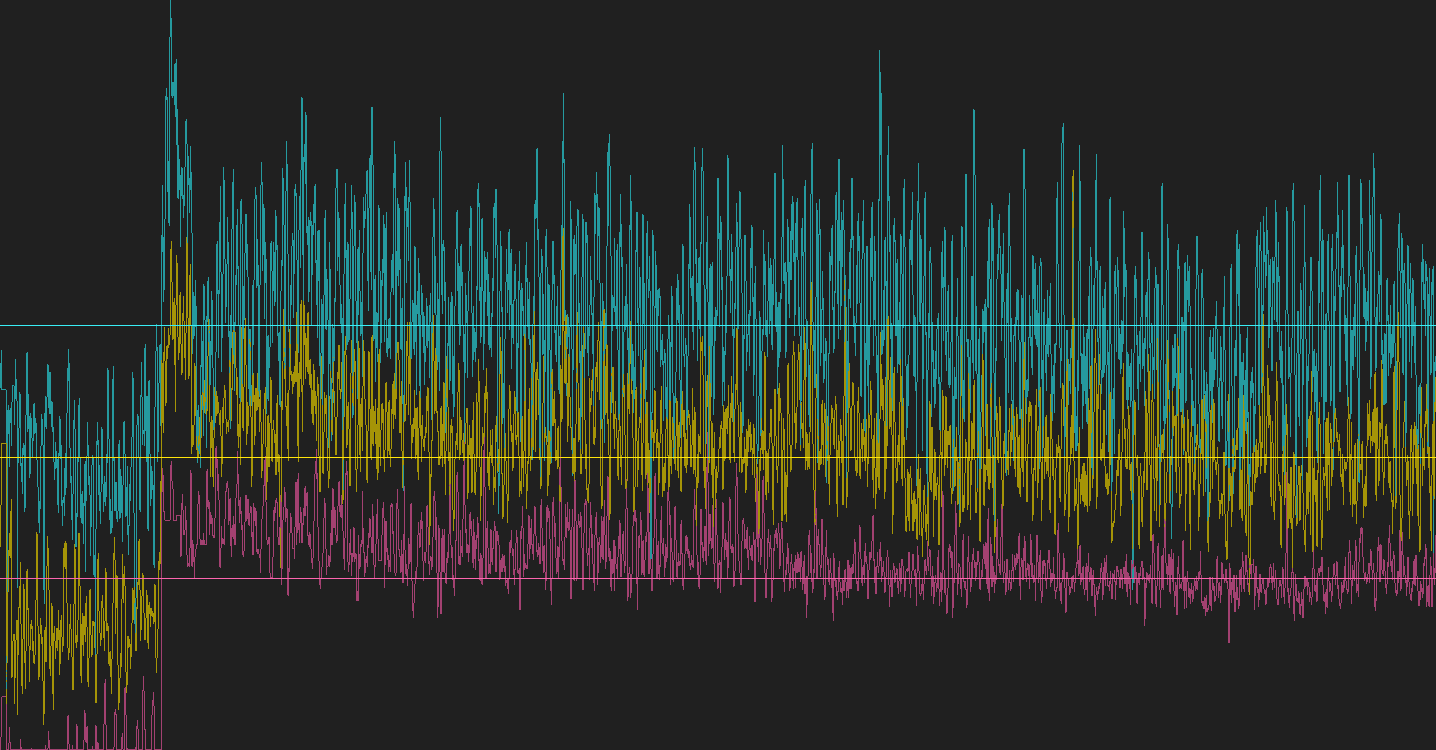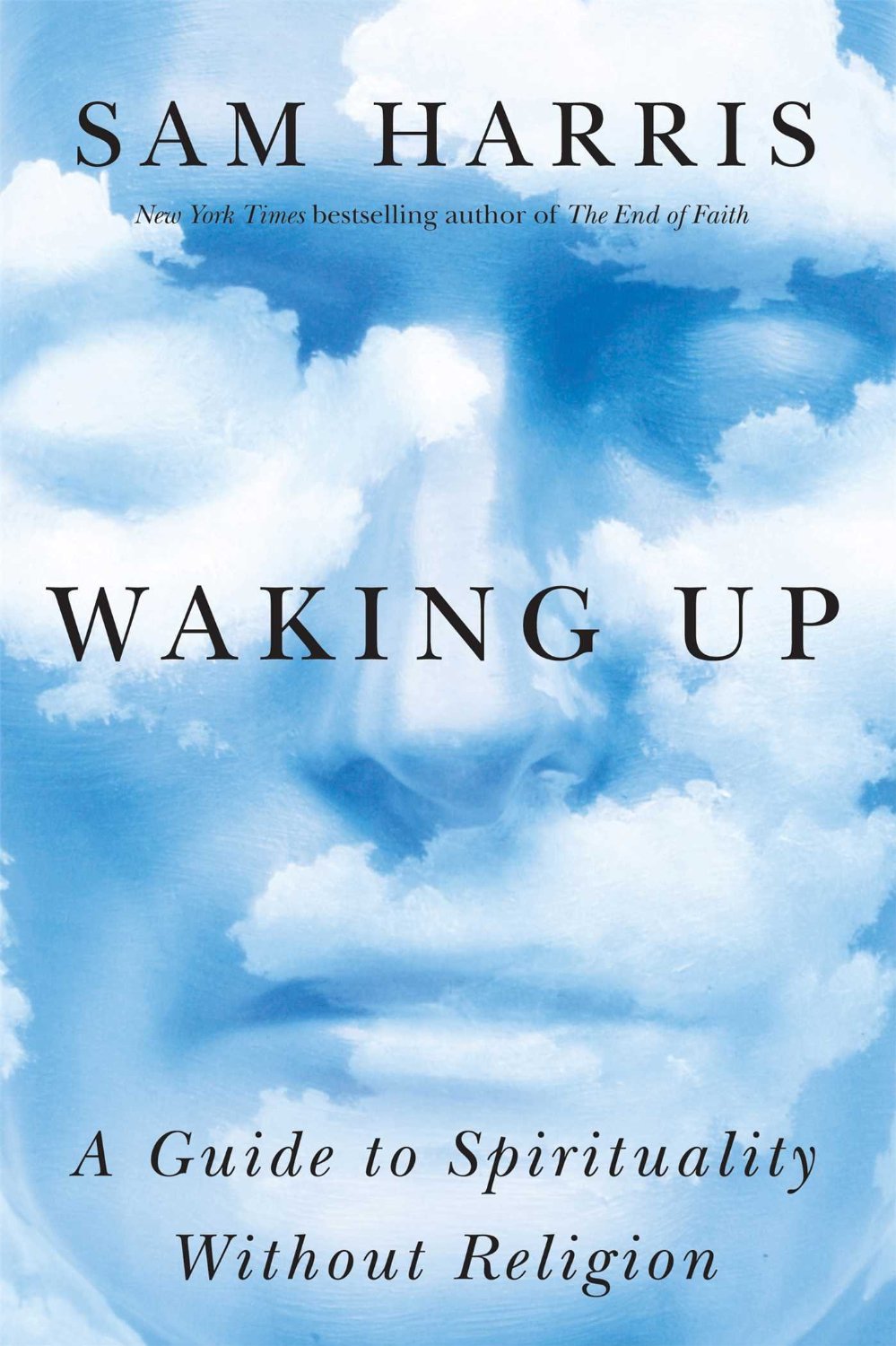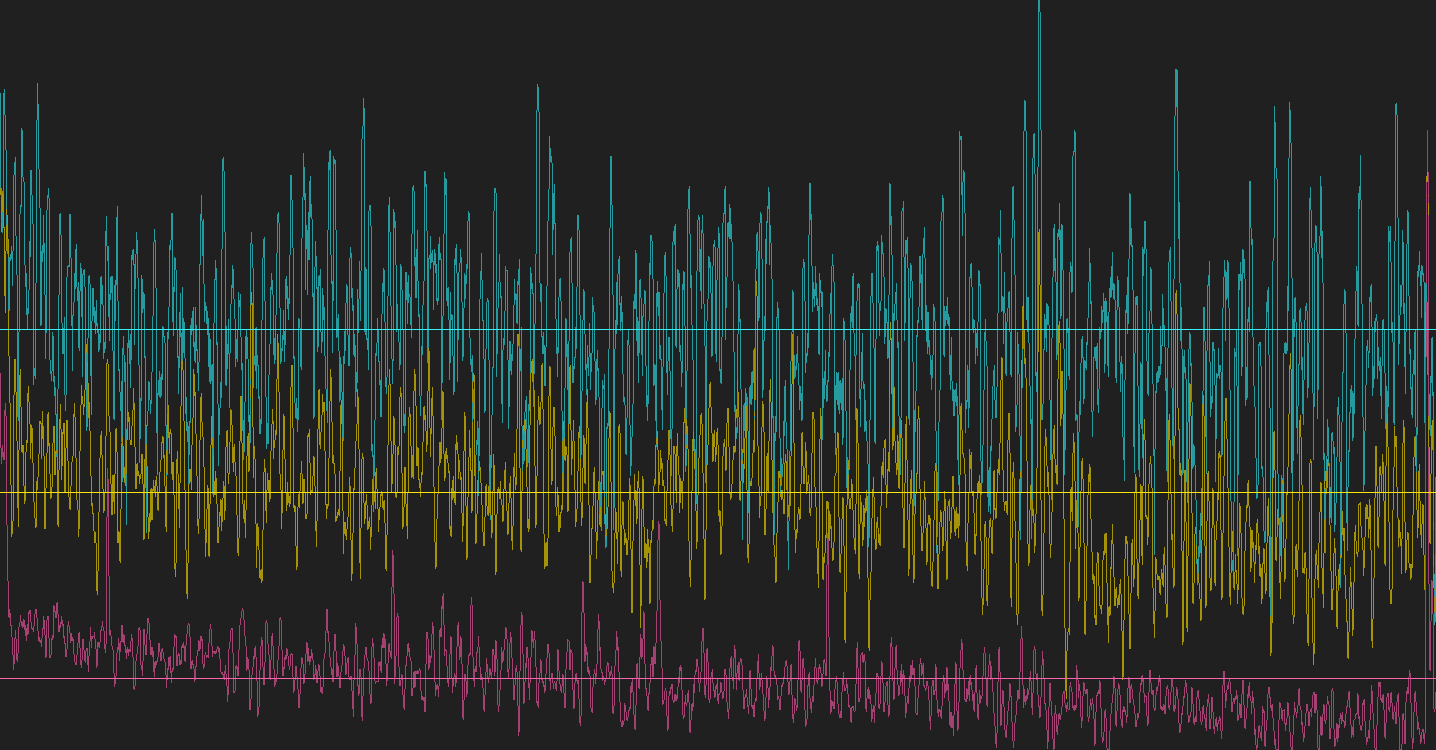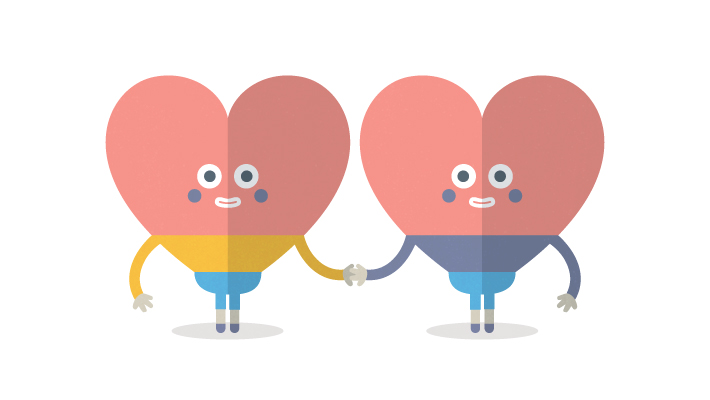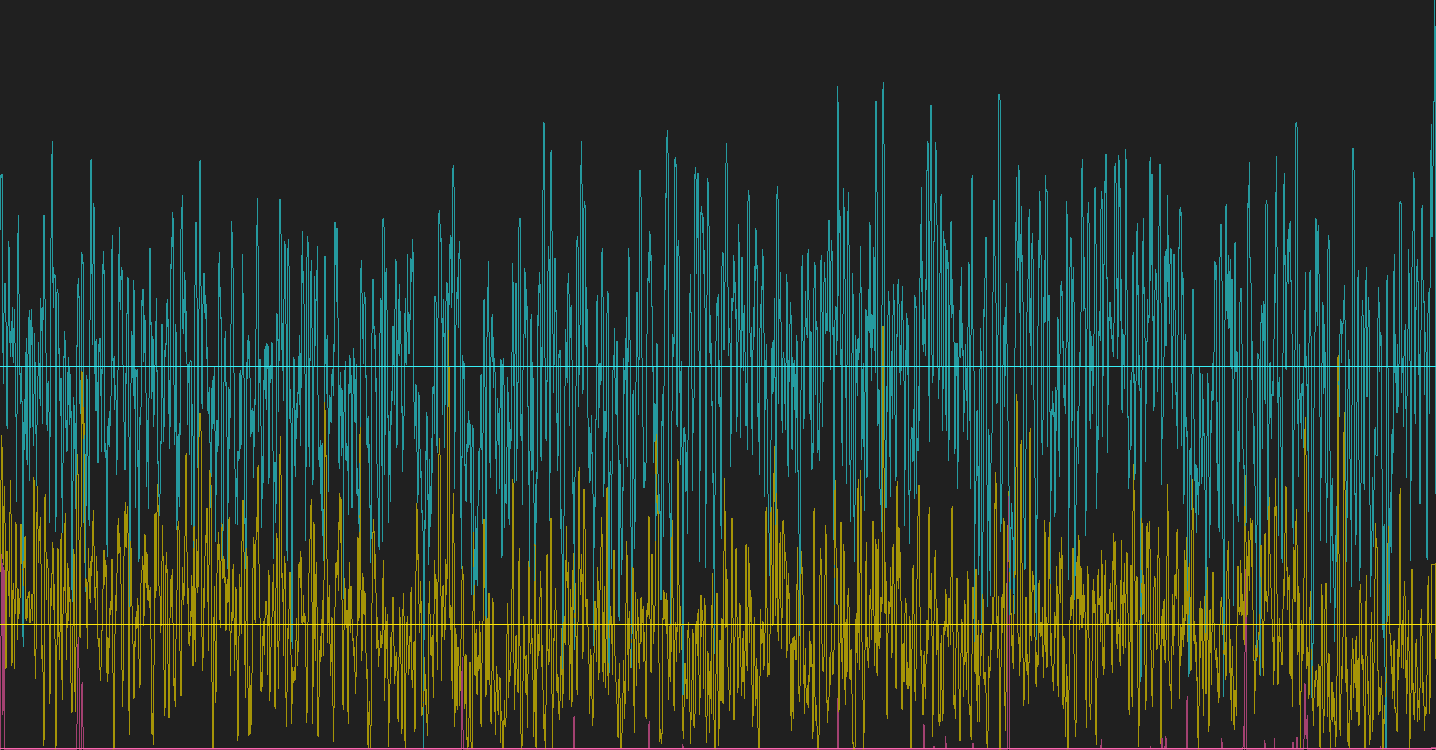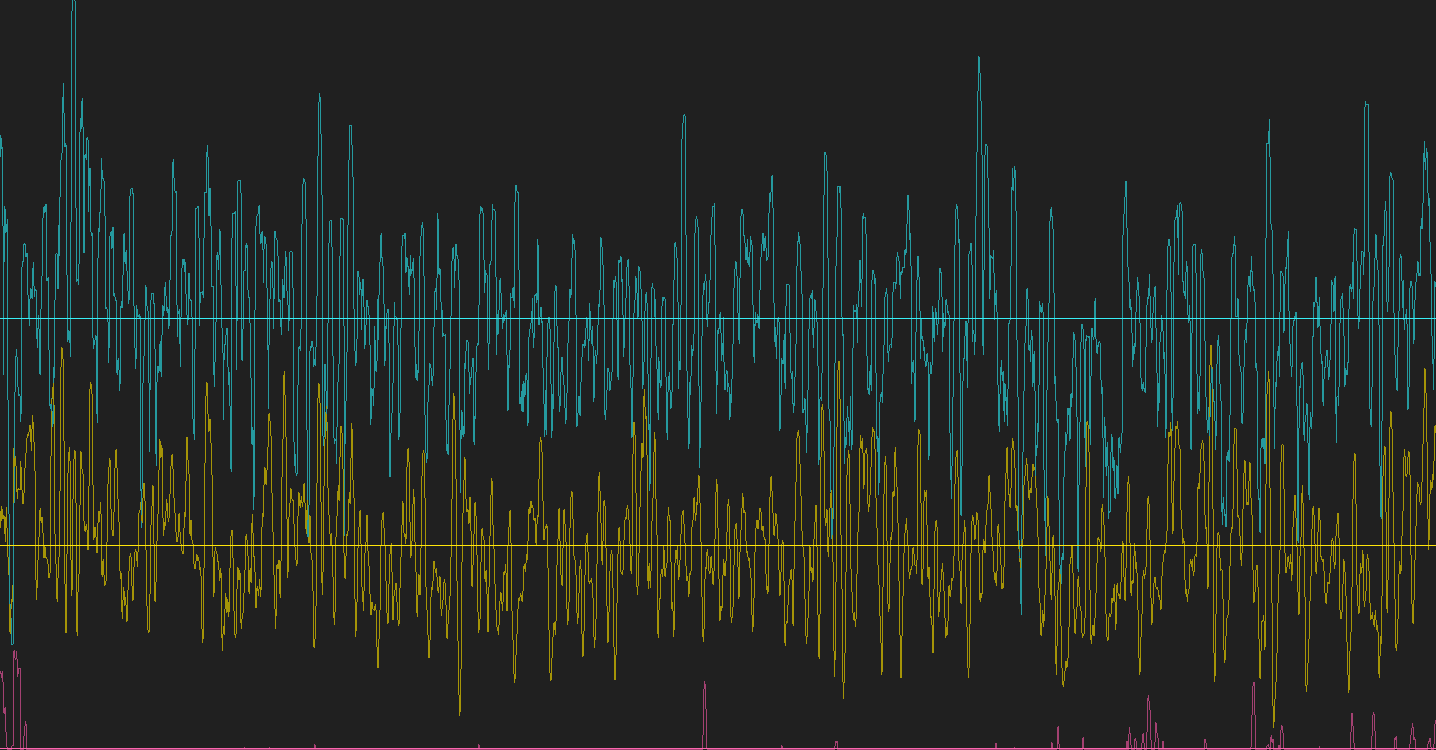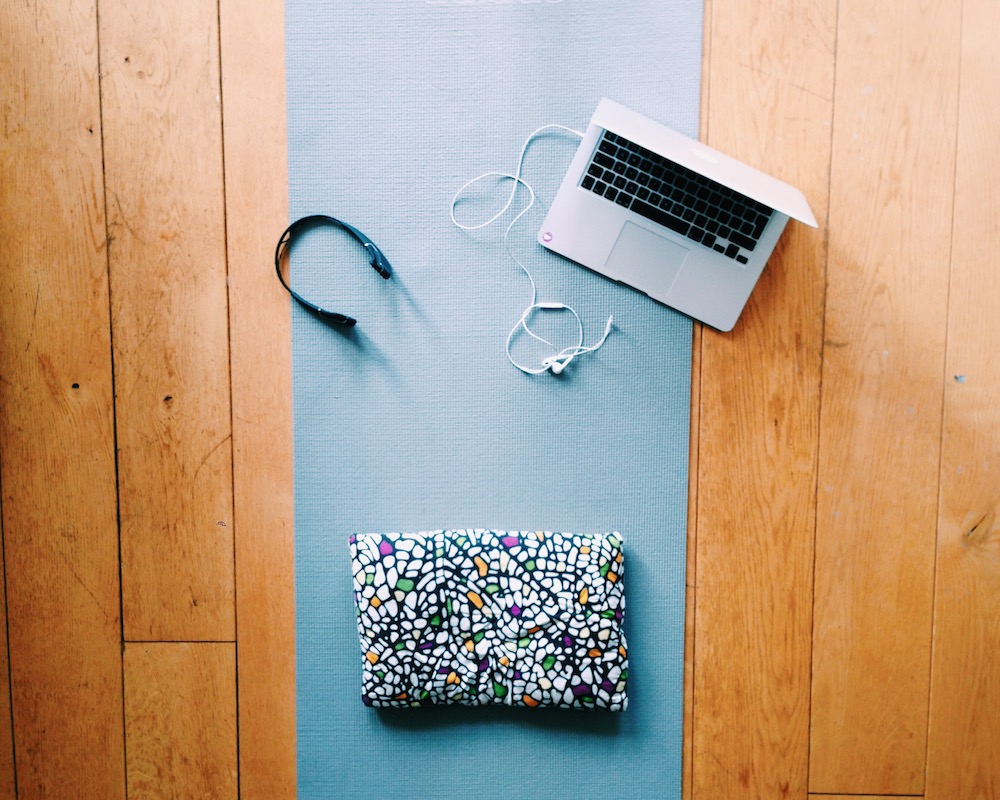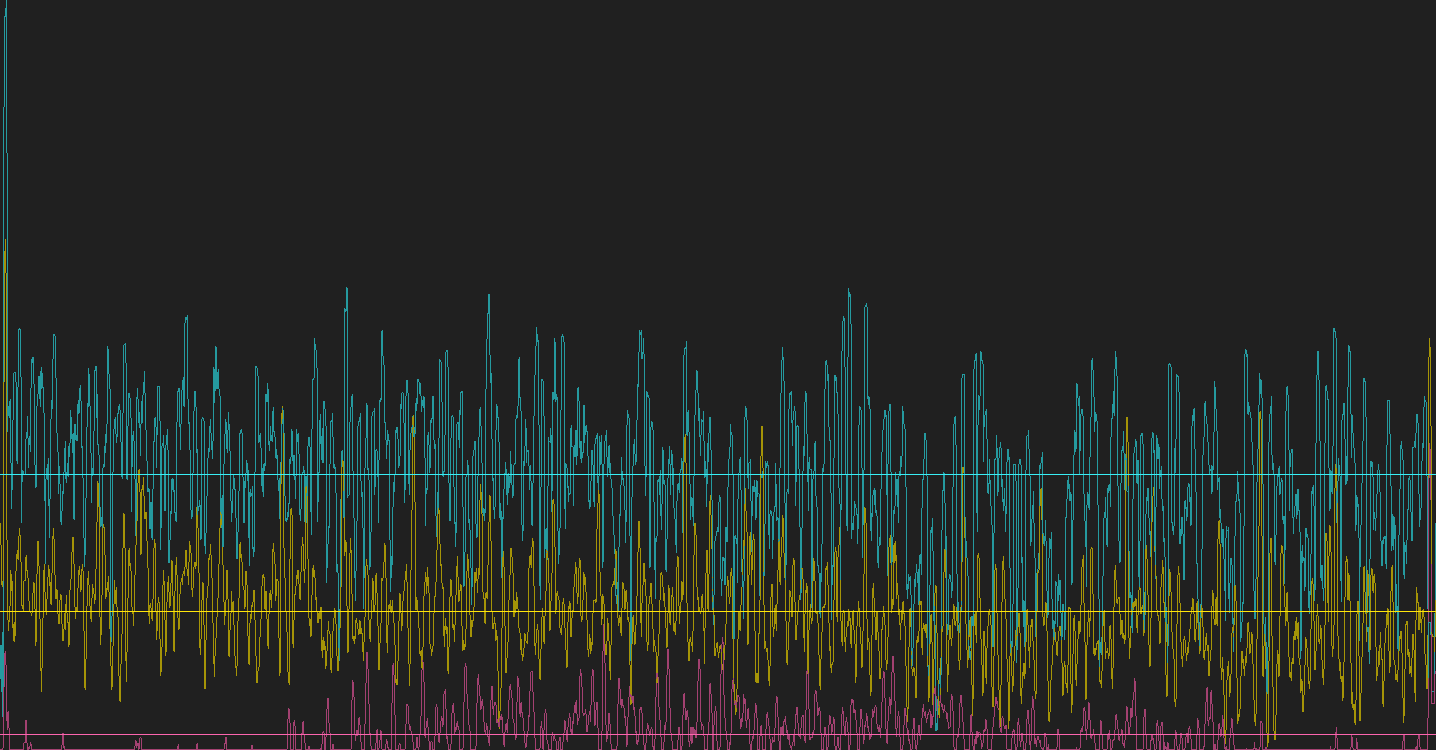It has now been over four months since 28 Days of Meditation. For some reason I have struggled to get these final thoughts down (it is amazing how long things take when there isn’t a hard deadline!) but the time away from the daily blogging has helped me get a get a better understanding of the effects of the challenge and how meditation has had an impact on my life.
Expectations
I had fairly low expectations for this experiment. I thought it might help a little with stress management but that was about it. What actually happened is that it had a really positive effect on my life – I feel calmer, more grounded and more in touch with how I feel and what I want.
The Brainwave Data Explained
During the 28 days I recorded brainwave data from almost all of my daily meditation sessions (I missed one day because of a work day trip to Paris). I monitored my Alpha, Beta and Gamma brainwaves. Here is a quick explanation of the different brainwaves:
Alpha – occur when relaxed and calm
Beta – occur when, for example, actively thinking or problem-solving
Gamma – occur when involved in higher mental activity and consolidation of information
(Source: Choosemuse.com)
To keep things really simple, the general idea was to try and increase my Alpha waves. Here are a few key days:
Day 1: 43% Alpha
Day 3: 36% Alpha (Particularly stressful day)
Day 6: 80% Alpha (Mini break through)
Day 17: 69% (Getting more into the flow)
Day 26: 75% (And even more into the flow…)
Day 28: 64% (Final day)
28 days is a very short amount of time to explore the world of meditation, it really felt more like an introduction. So although the data is really interesting, and you can see on average my Alpha waves increasing and my Gamma and Beta decreasing, the results were a bit up and down (Day 6 was ‘better’ than Day 28). I think this had a lot to do with external factors (how busy I was that day, how stressful work was) and unfortunately it was not possible to record these outside factors and track them against the actual brainwave data.
Mindfulness
Even though meditation is becoming more mainstream, to many it still has that hippy vibe and stigma associated with it. I’m a down to earth, no nonsense person so I wasn’t really looking forward to the spiritual or ‘hippy’ part. But, to my surprise it wasn’t really like this – it was more about being present and aware, and continuously coming back to the ‘now’, than anything deeper or more spiritual.
But what does it actually mean to be more ‘present’. I had read a bit about this before the experiment and I understood it to a degree, but it is only now that I truly understand what it means, at least to me. The best way I can describe it is this – the more stressed I am the more I tap out of how I really feel about something, or someone or a conversation or situation. The more that is going on in my head – trying to process things, making to-do lists (that I will never get to the end of), planning things, the harder it is for me to really be in the now. And I’ve discovered that the now is actually a pretty awesome place to be (ha! Who would have thought.)
When I’m able to fully engage in conversation, or take in a complex situation, or even do small things (like feeling the hot water on my skin in the shower in the morning rather than mentally running through my tasks for the day), the richer and more engaging my experience is, and the happier I am. I am finding I don’t need to be as concerned with the ‘what next and how am I going to solve that’ because funnily enough, these things tend to be easier to deal with if I haven’t spent the previous 24 hours stressing about them! I realise this is probably not the dictionary definition of ‘being more present’ but this is the best way I can describe it from my experience over the 28 days.
Jon Kabat-Zinn says it more eloquently than me:
“Mindfulness means paying attention in a particular way; on purpose, in the present moment, and non judgmentally.”
The Main Changes
The main changes I have observed:
1. I can now give myself a ‘mini mental holiday’. I used to use every second of everyday to try to process and solve things in my head – sometimes big important things, but sometimes ridiculously small things like ‘should I get take away or should I cook tonight?’ But now, I deliberately take time to ‘be in the moment’. This is often when I’m cycling to and from work and it is amazing how free, focused and more content I feel when I arrive. Instead of spending the 15 minute journey getting worked up about something, I’m instead taking in what I am seeing and hearing. I’m even finding that when I do manage to be really present, I can get on a bit of a natural high from it. Sounds a bit odd, but it is completely how it feels.
2. I now understand how meditation and mindfulness are connected. For me at least, meditation is about training your mind to be present (mindful) in everyday life. Whether that is having a conversation with someone, or commuting to work, or having a cup of tea. And when I manage to do this, it completely changes my experience for the better.
I feel calmer, more grounded and more in touch with how I feel and what I want.
3. It has reenergised my passion for yoga. I used to be one of these people who was basically waiting for the ‘hippy’ parts of the yoga class to be done so we could just get on with the actual movement and exercise. But now, my whole experience during yoga classes has changed – I am more present, and open and I’m enjoying it so much more than when I didn’t ‘understand’ the connection to meditation and mindfulness.
4. I started meditating lying down and am now converted to meditating sitting up with my legs crossed in front of me. It took me about a week to get used to sitting up – my back and hips really hurt at first but it didn’t take long to get used to it. For me, I feel more ‘empowered’ by meditating in a seated position. I do sometimes meditate lying down but I find this is more of a relaxed and quite sleepy meditation.
5. During a couple of the meditations I became quite euphoric. I felt quite high with optimism and happiness and love. I can’t achieve this all the time (and I am not even sure if this is the purpose of meditating…) but it was a really cool feeling and experience.
6. I am better at decision-making. This might sounds like an odd conclusion to make but I feel I am more connected to how I really feel about a particular situation or problem. In a way, I felt like I used to spend so much time in my head going over stuff that was actually causing more confusion and taking me further away from solving anything, but now I feel like I can tap into my intuition easier and quicker.
7. I eat more mindfully. There has been quite a bit of research about how mindfulness can assist weight loss and I can see why. It is so much more satisfying to be more aware of how food tastes and smells and feels in your mouth than scoffing it down while your mind is elsewhere. I realise that sounds like a very obvious thing to say, but I’m sure I’m not the only one who eats ‘mindlessly’.
8. I could feel that I was ‘getting better’ at meditating over the 28 days. Meaning it was easier for me to observe thoughts and not get emotionally as connected to them. Towards the end I found that I was able to find more moments of calm, and then make these moments of calm longer.
9. I’ve realised that sounds are an important ‘trigger’ for me to get into a meditation. I tried using a few different types of guided meditations during the 28 days – some meditations start with being aware of how your body is feeling, others with breath and some by tapping into the sounds around you – both close by and far away. For me, I found the meditations where you are encouraged to connect early on to the sounds help me to get deep into the meditation quicker.
10. I had some visualisations during the 28 days, mostly these came when there was some sort of background ambient music playing on the guided meditation.
Tips For Anyone Wanting To Try Meditation:
1. Don’t think about it too much. Don’t judge yourself if you miss a day
2. Download Headspace’s free 10 10-minutes sessions and start here
3. Check out this link for other guided meditation apps
4. Find a time that works for you – my favourite time is in the evenings after work, but I know a lot of people like to meditate first thing in the morning
5. Make it a habit – again don’t think and don’t judge – if you miss a day it’s not the end of the world. If you don’t notice any changes straight away, that’s fine as well – just keep with it and give yourself time
6. Once you are a few sessions in, try some longer meditations or explanations on meditation. This was a bit of a game changer for me – I listened to one of Shinzen Young’s 40 minutes meditations and I all of a sudden had a deeper understanding of how to meditate and what it all means. I am sure I would have gotten there eventually using the apps, but for me at least this was really an important moment because it helped me understand how and why thoughts come into my mind when I meditate and it allowed me to more easily become the ‘observer’.
7. If it is available to you, go to a guided meditation class – it was such a great feeling to be able to ‘share’ the meditation session with other people
8. Most importantly set an amount of time that you will try meditation for (Eg – at least a week to 10 days) and stick to this. Most people I talk to say that they tried it but gave up by day 3. I honestly think you need to try daily meditation for at least a week to start to understand the benefits.
(Image credit: Headspace.com)
I have truly loved this journey once I got over the initial hurdle (around Day 4) of fitting this into my already busy life. Meditation has had a really positive effect on many aspects in my life – stress management, relationships, work and my ability to handle complex situations. Most importantly, it just feels amazing to have this ‘tool’ available to me now – I actively look for moments in my day that I can close my eyes – even for a few seconds and check back in. It is such a simple concept, and has been available to me all my life, but I’m only now realising how effective being mindful and ‘present’ can be.
I am currently meditating 4-5 times per week and still loving it.
In Asian languages, the word for ‘mind’ and the word for ‘heart’ are same. So if you’re not hearing mindfulness in some deep way as heartfulness, you’re not really understanding it.
— Jon Kabat-Zinn



